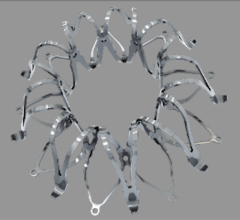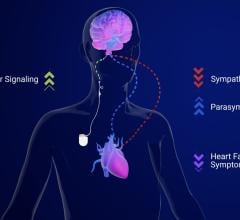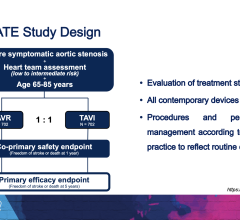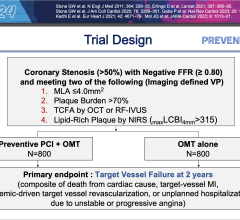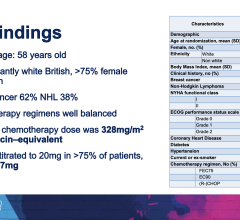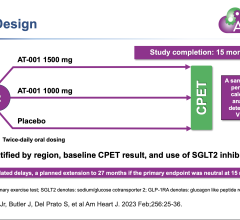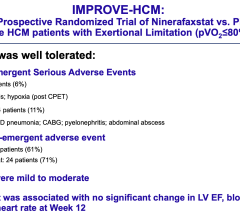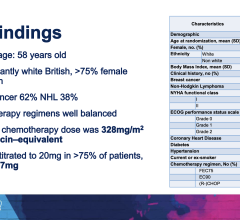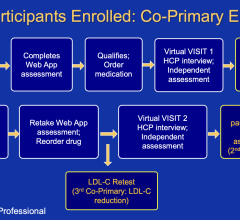April 22, 2015 — Comparing mechanical prosthetic and bioprosthetic mitral valves, a study in the April 14 issue of the Journal of the American Medical Association (JAMA) found no significant difference in long-term survival. Researchers did discover differences in risk of reoperation, bleeding and stroke.
In patients with severe, symptomatic mitral valve disease unsuitable for surgical repair, mitral valve replacement reduces symptoms and improves survival. Bioprosthetic valves (made primarily with tissue) are recommended in patients older than 70 years, in whom the likelihood of needing reoperation because of valve degeneration is low. In nonelderly patients requiring valve replacement, deciding between bioprosthetic and mechanical prosthetic valves is challenging because long-term survival and other outcomes have not been well defined, according to background information in the article.
Joanna Chikwe, M.D., of the Icahn School of Medicine at Mount Sinai, New York, and colleagues compared long-term survival, stroke, reoperation and bleeding events after bioprosthetic versus mechanical prosthetic mitral valve replacement among 3,433 patients age 50-69 years; all patients underwent mitral valve replacement in New York State hospitals from 1997-2007. Propensity score matching for 19 baseline characteristics yielded 664 patient pairs. Follow-up ended November 2013; median duration was 8.2 years.
The researchers found there was no difference in long-term survival between the mechanical prosthetic and bioprosthetic mitral valve replacement: 15-year survival was 57.5 percent versus 59.9 percent, respectively. The cumulative incidence of stroke at l5 years after mitral valve replacement was significantly higher in the mechanical prosthesis group (14.0 percent) compared with the bioprosthesis group (6.8 percent), as was the cumulative incidence of bleeding events (14.9 percent vs. 9.0 percent).
The cumulative incidence of mitral valve reoperation at 15 years was significantly lower in the mechanical prosthesis group (5.0 percent) compared with the bioprosthesis group (11.1 percent).
“Consensus guidelines have increasingly emphasized patient preference in preoperative decision making. Quality-of-life surveys indicate that many patients view the distant possibility of reoperation as a reasonable trade-off for freedom from lifelong anticoagulation, reduced quality of life and poorer perceived health status associated with mechanical prosthetic valves,” the researchers write. “Our data strongly suggest that the incremental risks of stroke and bleeding associated with mechanical prosthetic valve replacement should also be a major consideration in any discussion of prosthesis choice.”
The authors note that even though these findings suggest bioprosthetic mitral valve replacement may be a reasonable alternative to mechanical prosthetic valve replacement in patients aged 50 to 69 years, the 15-year follow-up was insufficient to fully assess lifetime risks, particularly of reoperation.
For more information: www.jamanetwork.com

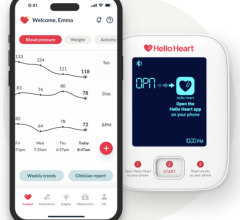
 April 24, 2024
April 24, 2024 
